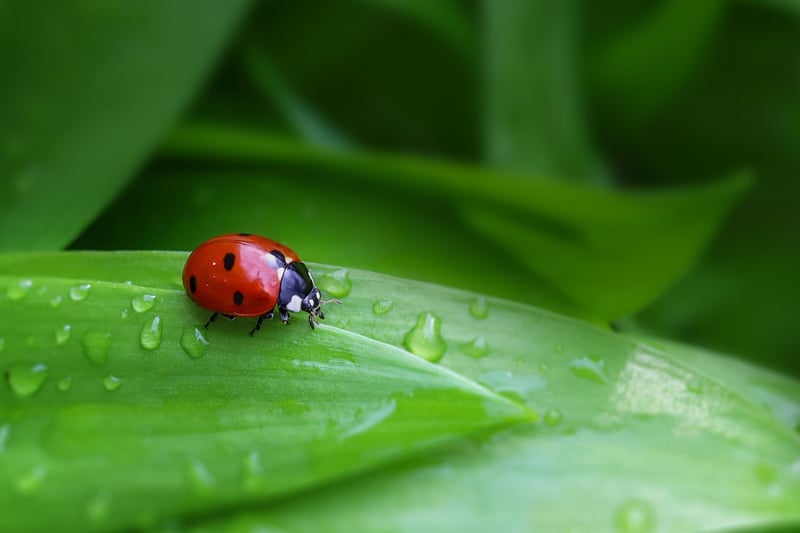Pest Control Methods
Keeping Your Garden Healthy: Pest Control Methods
Having a thriving garden is a joy for many, but keeping it healthy and pest-free can sometimes be a challenge. Fortunately, there are several effective methods you can use to control pests and maintain the health of your garden without resorting to harmful chemicals.
1. Companion Planting
Companion planting involves growing certain plants together to naturally repel pests or attract beneficial insects. For example, planting marigolds alongside tomatoes can help deter nematodes, while growing basil near tomatoes can repel aphids.
2. Natural Predators
Encouraging natural predators like ladybugs, lacewings, and birds in your garden can help keep pest populations in check. These beneficial insects feed on common garden pests like aphids, caterpillars, and mites.
3. Neem Oil
Neem oil is a natural pesticide derived from the neem tree. It is effective against a wide range of pests, including aphids, mealybugs, and spider mites. Neem oil works by disrupting the insect's hormonal balance and can be sprayed on plants to control infestations.
4. Diatomaceous Earth
Diatomaceous earth is a powdery substance made from the fossilized remains of diatoms. It works by dehydrating and damaging the exoskeletons of insects, ultimately leading to their demise. Sprinkling diatomaceous earth around plant beds can help control pests like slugs, snails, and beetles.
5. Handpicking
For larger pests like caterpillars or beetles, handpicking them off plants is an effective and environmentally friendly method of pest control. Regularly inspecting your plants and removing any pests can prevent infestations from getting out of hand.
6. Mulching
Applying mulch around plants not only helps retain moisture and suppress weeds but can also deter pests. Certain types of mulch, like cedar chips or pine needles, have natural pest-repelling properties that can keep unwanted insects away from your garden.
7. Regular Maintenance
Lastly, maintaining good garden hygiene by removing dead or decaying plant matter, cleaning up debris, and rotating crops can help prevent pest problems. Pests are often attracted to weak or stressed plants, so keeping your garden healthy and well-maintained is key to preventing infestations.
By incorporating these natural pest control methods into your gardening routine, you can effectively manage pests while promoting a healthy and thriving garden ecosystem.

Image source: Pixabay
